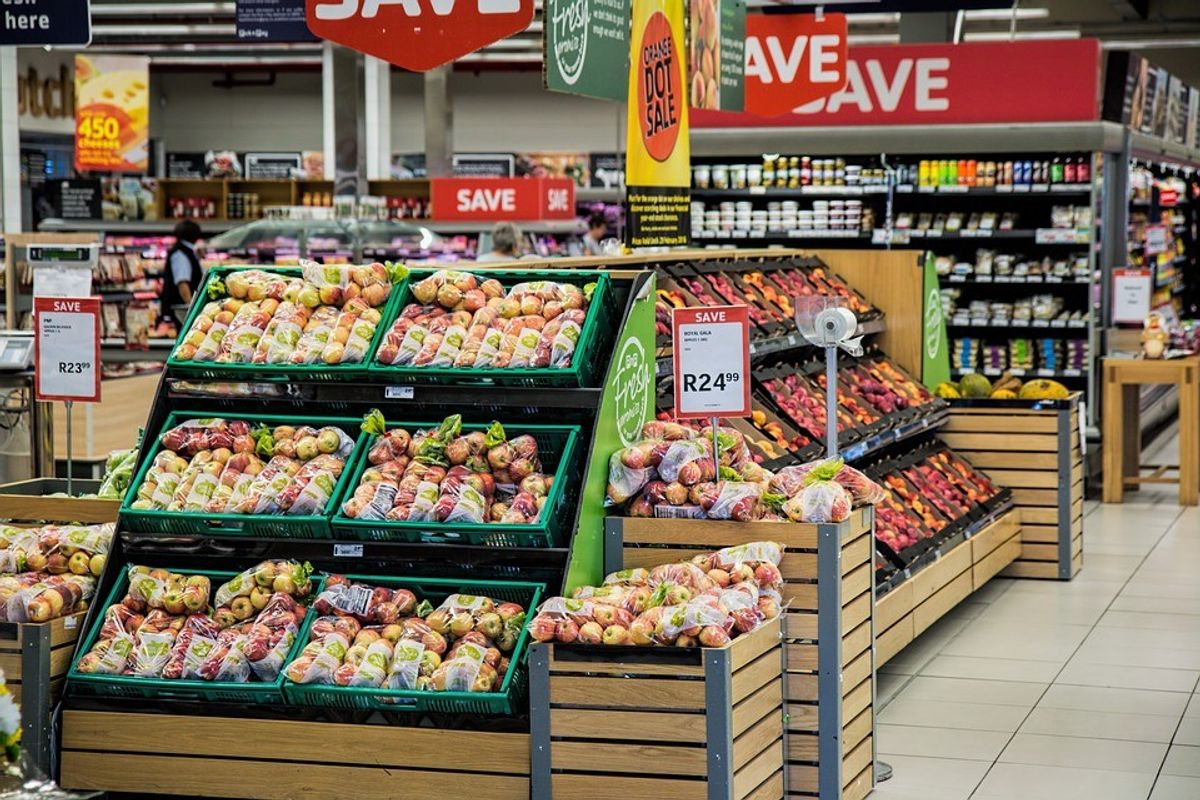Over half (52 per cent) of UK consumers are likely to trust ESG (environmental, social, and governance) claims from supermarkets.
This is despite just 23 per cent of consumers taking environmental claims and initiatives from businesses at face value, according to a new study researchers Sensu Insight.
The 50 Shades of Greenwashing report has revealed that almost a third (30 per cent) of Brits expect environmental claims from companies to be slightly exaggerated, while 14 per cent said they don’t believe them at all.
This is largely due to the majority of people (71 per cent) assuming that claims are unlikely to be verified or checked by an independent expert or regulator, deeming them uncredible.
The survey of 1,682 UK adults also revealed some disparity between the sectors we’re most and least likely to believe when it comes to ESG claims. Those least likely to be trusted were airline operators, with over a third (35 per cent) saying they were unlikely or very unlikely to believe their claims. Respondents also appeared to be sceptical of claims made by fashion brands, with 29 per cent per cent saying they’d be unlikely or very unlikely to trust them.
Amongst the companies most likely to be trusted when it comes to ESG claims are supermarkets (52 per cent – likely or very likely to trust them) and food or drink brands (46 per cent).
Respondents were also asked whether they believe business motivations are genuine. Just one in 10 respondents (10 per cent) said they believe that businesses have the best interests of the planet at heart. Only 12 per cent of people said that they had more trust in businesses’ green claims than five years ago.
When asked who they deem is the most trusted source of environmental claims, commentators, such as The Energy Saving Trust (63 per cent likely to believe), pressure groups like Greenpeace (56 per cent), and international organisations like the UN (56 per cent) came out on top.
“When such suspicions are amplified through social media, it can feel like every ‘fact’ is being challenged and undermined. This makes genuine ESG initiatives and claims particularly hard to communicate effectively.
“We have tracked two years of news and conversation related to greenwashing and related themes, and several initiatives stand out as showing how hard it is for some companies, particularly within the ‘least trusted’ sectors.
“For airlines, the lawsuit filed against KLM was the highest profile example undermining trust in the sector, with environmental campaigners using legal action to challenge the brand’s ‘Fly Responsibly’ campaign.”
Leigh has the following advice for businesses seeking to convey their sincerity around ESG initiatives.
“If businesses are to convey authenticity and launch a new sustainability initiative effectively, they need to communicate with transparency and honesty. Ensuring that all messaging is consistent and backed by independent evidence is important. This is most likely to gain the trust of the public and other organisations.
“The most effective communications are also often reinforced by authoritative experts and reflected throughout all of the organisation’s operations.
“Finally, it is crucial to listen carefully to how stakeholders respond, taking on board and adapting to areas of improvement. Any ESG programme will involve some degree of compromise. It is important to acknowledge this and explain how it is part of an ongoing, evolving strategy.”
To find out more about Sensu Insight and its latest 50 Shades of Greenwashing report, visit, https://sensuinsight.com/
Methodology
Results of Sensu Insight’s global analysis of online content and conversation related to these key terms. Including 367,480 mentions from 136,170 unique authors from November 2020 to November 2022.
Nationally representative sample of 1,682 UK adults carried out by Sensu Insight in October 2022.



